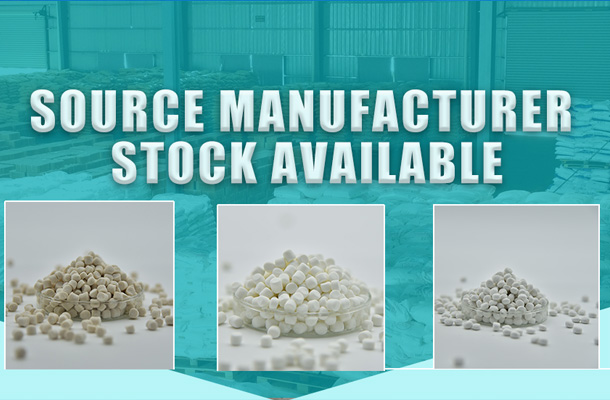As an activator in the rubber industry, zinc oxide (ZnO) exhibits several key performances:
1. **Vulcanization Acceleration**: Zinc oxide accelerates the vulcanization process by reacting with other vulcanization activators in the rubber mix to form intermediates that readily react with sulfur, thereby speeding up the cross-linking reaction between rubber molecules.
2. **Enhanced Vulcanization Quality**: By optimizing the vulcanization conditions, zinc oxide helps to create a more uniform and stable network of cross-links, which improves the physical and mechanical properties of rubber products, such as hardness, elasticity, and abrasion resistance.
3. **Adjustment of Vulcanization Rate**: The addition of zinc oxide allows for the control of both the onset and completion times of vulcanization, which is crucial for managing the production cycle of rubber goods.
4. **Scorch Delay**: Zinc oxide helps prevent scorching (premature vulcanization at high temperatures), which is important during processing because scorching can degrade product quality.
5. **Improved Aging Resistance**: With the presence of zinc oxide, rubber products become less sensitive to environmental factors such as light, heat, and oxygen exposure, thus enhancing their resistance to aging.
6. **Enhanced Processability**: Adding the appropriate amount of zinc oxide to the rubber compound improves its flow and plasticity during mixing, making the processing easier.
7. **Quality Improvement**: Through improved vulcanization quality and better processability, zinc oxide contributes to the production of rubber goods with higher consistency and fewer defects.
In conclusion, as a vulcanization activator, zinc oxide is essential for optimizing rubber compound formulations, enhancing the quality of rubber products, and achieving efficient rubber processing.








